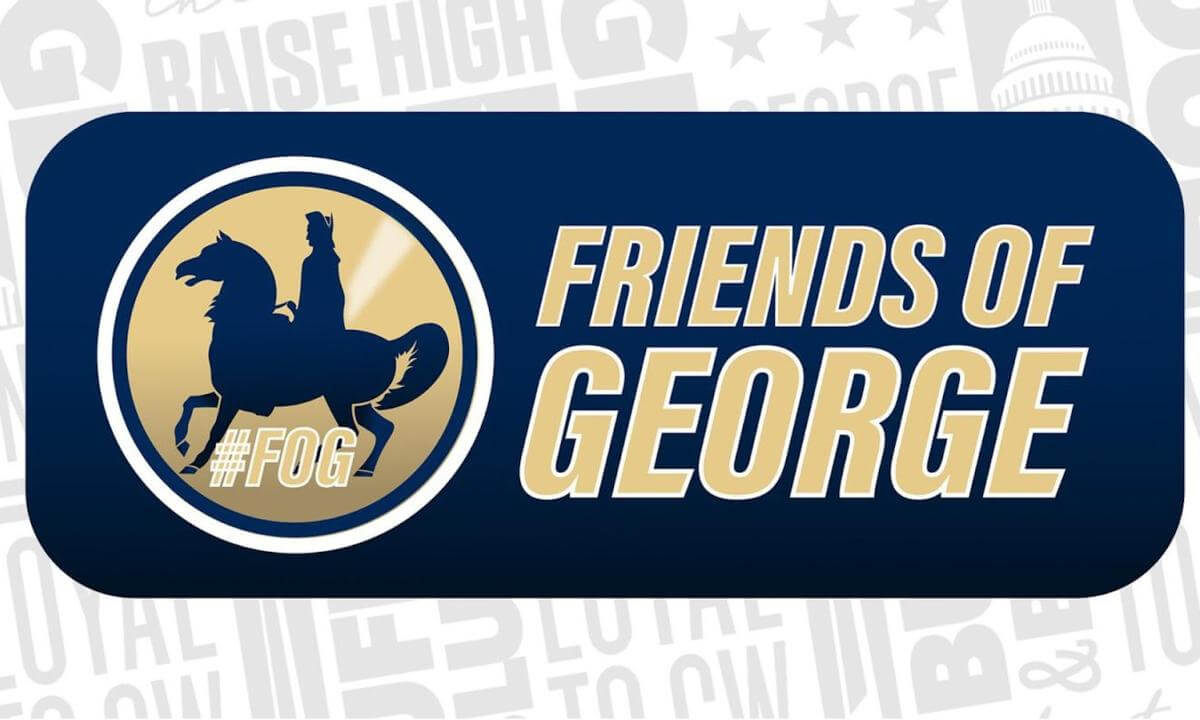Web3 and NFTs – LCX
NFT’s role in Web3
Many blockchain qualities of non-fungible tokens (NFT) make them valuable and compatible with Web3. As unique blockchain tokens, NFTs enable you to provide seamless proof of ownership of digital art, music, data, in-game assets, personal records, and more.
NFTs have several advantages for Web3.
- NFTs provide an unconventional method of monetizing digital assets. Using NFTs, creators can generate unique digital products that can be sold as collectibles, allowing them to earn direct income from their work.
- NFTs give digital assets a new dimension of ownership and management. With Web3, people have complete ownership over their data and assets, and NFTs enable individuals to own and control their digital assets in a way that was previously impossible.
- NFTs facilitate the development of new revenue models for creators of digital content. By using NFTs, they can generate additional income streams, such as royalties on secondary sales of their work.
- NFTs introduce a new level of security and transparency to the digital world. While non-fungible tokens are maintained on a blockchain, they are irreversible and cannot be changed, preserving the asset’s legitimacy and ownership.
- Some social media networks now offer NFT verification systems that allow you to use a crypto wallet to certify NFT ownership and display it as your profile picture (PFP).
- NFTs give users control over their digital identity, membership and voting rights.
Thus, NFT and crypto use on the internet will surely become widespread to take advantage of the aforementioned opportunities and the undeveloped solutions that will make the Web2-to-Web3 shift even more dramatic than the Web1-to-Web2 transition.
The future of NFTs in the Web3
The future of Web3 NFTs is optimistic. As an increasing number of creators and users adopt Web3, the demand for NFTs will continue to increase. NFTs will emerge as the primary method of monetizing digital assets, and new business models will evolve around them.
Furthermore, NFTs will allow new types of digital ownership and governance. With NFTs, users can own and control their digital assets in a way that was previously unthinkable. Therefore, new forms of online collaboration and ownership structures will emerge.
As NFTs become more widespread, there will be an increase in innovation around them. New use cases, such as NFT-based gaming products, virtual real estate and even identity verification, will emerge.
Conclusion
Web3 and NFTs are changing everyday interactions with the internet and digital assets. NFTs offer a new method of monetizing digital assets, enable new forms of ownership and control, and provide transparency and security in the digital world. As more creators and consumers adopt Web3, the demand for NFTs will increase and new business models and use cases will emerge to support them. The future of Web3 NFTs is bright and we have only begun to explore the limits of what is achievable.






















